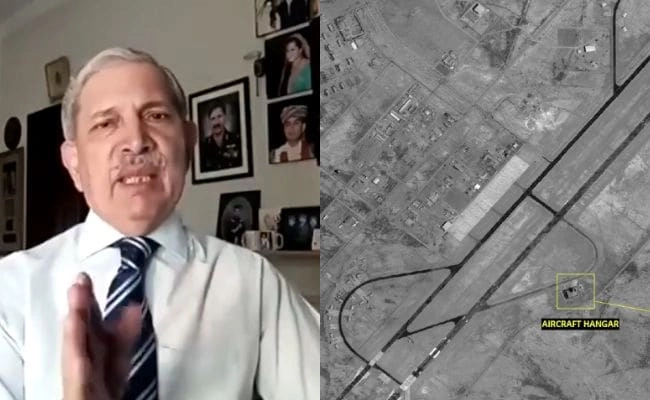Former President Donald Trump has expressed his belief that Russian President Vladimir Putin will honor his commitments regarding the ongoing situation in Ukraine. In a recent statement, Trump conveyed confidence that Putin, despite the complexities of international politics, will “fulfill his part” of any agreements made concerning the conflict. This assertion reflects Trump’s long-standing stance on foreign policy, where he often emphasized the importance of direct dialogue and the potential for negotiating peace through personal relationships with world leaders.
Trump’s comments come amid continued tensions in Ukraine, where the conflict has persisted for years, leading to significant geopolitical ramifications. His perspective suggests a level of optimism that may not align with the views of many analysts who highlight the unpredictability of Putin’s actions. Critics argue that relying on Putin to adhere to a deal overlooks the historical context of Russia’s engagement in Ukraine and its broader ambitions in the region. The skepticism surrounding Putin’s reliability is heightened by previous instances where agreements have failed, leading to further violence and instability.
The former president’s remarks also reignite discussions about the United States’ role in the conflict and its relationships with both Ukraine and Russia. Trump’s approach, which advocates for a more isolationist foreign policy, raises questions about how future administrations might navigate the delicate balance of diplomacy and national security. By suggesting that Putin is capable of fulfilling agreements, Trump appears to advocate for a more conciliatory stance, potentially shifting the U.S. strategy toward one that prioritizes negotiation over confrontation.
In the larger scope of international relations, Trump’s statements serve as a reminder of the complexities involved in dealing with authoritarian regimes. While optimism is essential in diplomacy, it must be tempered with a realistic understanding of the potential for betrayal and the historical actions of leaders like Putin. As the situation in Ukraine continues to evolve, the implications of such statements could influence both domestic and foreign policy debates in the United States, shaping the discourse on how best to address one of the most pressing conflicts in contemporary geopolitics.




